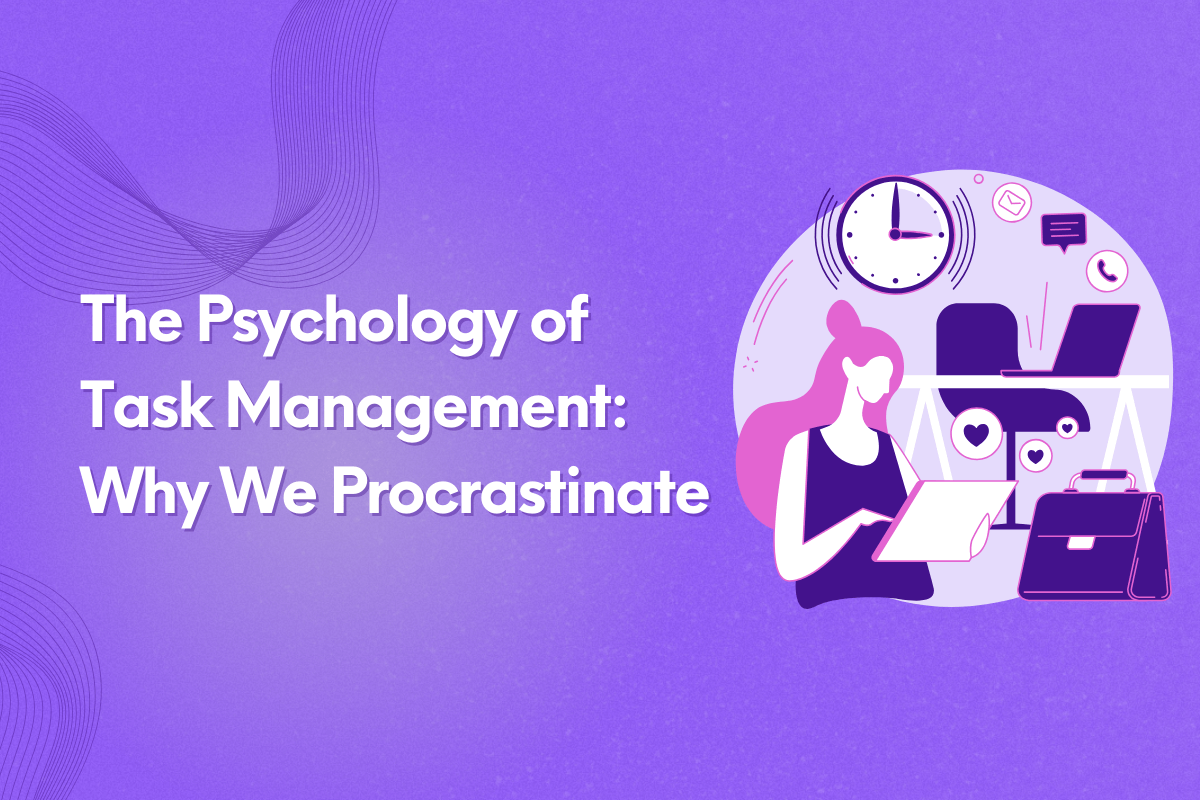One of the most essential skills to have while working in an Agile environment is task management. This would include the capability to assign priorities to tasks and manage your time effectively in order to accomplish things. However, even with the best of intentions to complete work within deadlines, you may still succumb to procrastination. You open your email, stare at your to-do list, but you can't seem to start. Minutes turn into hours, and before you know it, you've barely done anything.
You start to wonder: Am I just being lazy? Or do I simply lack task management skills? Guilt and shame creep in, and you force yourself to finish work. However, results often feel rushed and low in quality, which sometimes requires revising.
The truth is, procrastination happens to all of us. Everyone has put off doing tasks in one way or another. Whether it's delaying an important task, staring at an unfinished to-do list, or avoiding writing that one email you need to send. You're not just being lazy. In fact, there's an explanation behind why you neglect your tasks, and there are ways you can break free from the cycle.
In this blog, we discuss the psychology behind effective task management and how you can overcome procrastination. Learn how to manage your tasks and time effectively to get work done on time. You'll also find tips on how to boost productivity and work more efficiently, both as an individual and in the broader context of project management.
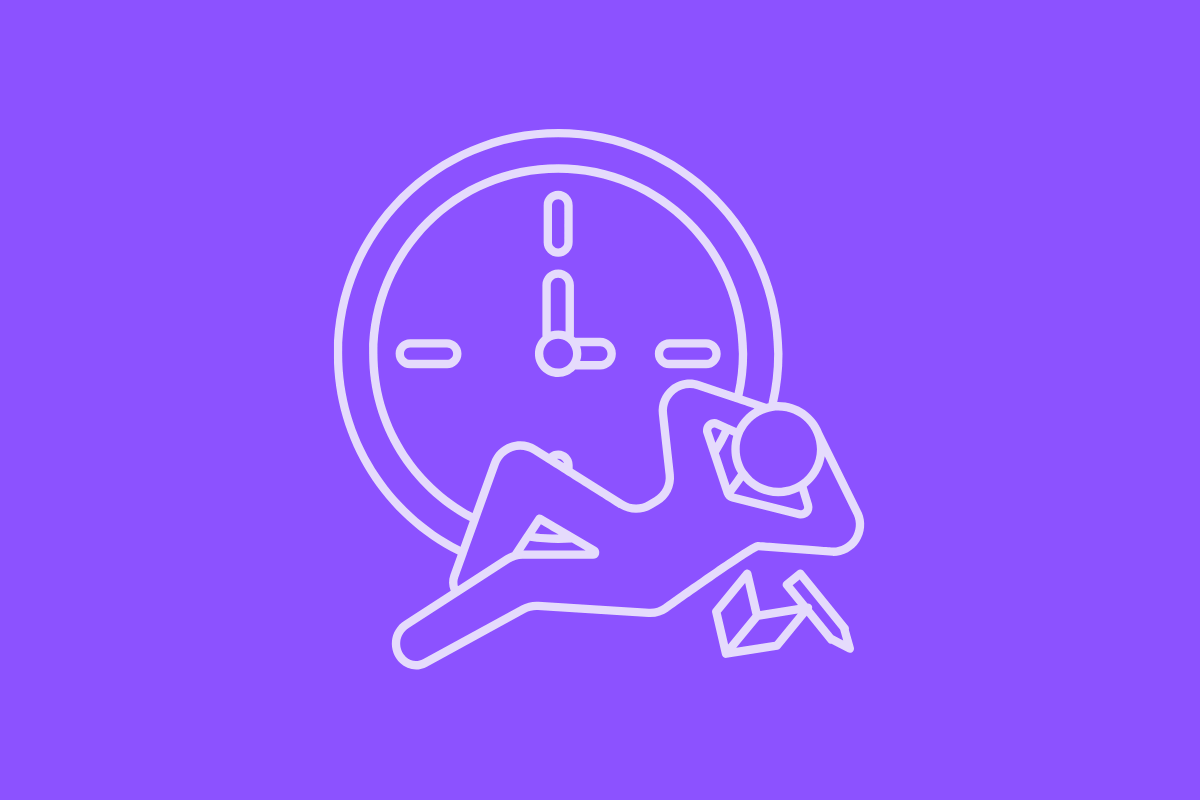
What Is Procrastination?
Procrastination is not about being lazy. Far from it, it's actually often caused by emotions and behavior. Not being productive is quite common, but when you continuously put off doing work, it becomes a pattern you can't get out of.
It's important to understand why you stall doing work so you'd know how to overcome it. According to Dr. Timothy Pychyl, a retired professor from Carleton University, it is the misregulation of emotion.
Individuals procrastinate as a coping mechanism, especially when it induces negative feelings like overwhelm, anxiety, guilt, fear, frustration, insecurity, and boredom. But once it turns into a habit, procrastination can advance to problems such as poor habits, low self-esteem, and anxiety.
Types of Procrastination
There are different types of procrastination, classified by intent and motivation. Beyond these, experts have also identified six types of procrastinators, each one having different strategies for you to overcome the pattern of delaying work.
By Intent
- Passive Procrastination – You delay tasks without intent due to distractions, avoidance, or feeling overwhelmed. This form of procrastination tends result in feelings of guilt and stress, and pressure to get work done.
- Active Procrastination – There are people who feel they perform better under pressure, so they purposefully delay tasks. While this produces results, it's not a sustainable strategy.
By Motivation
- Thrill-Seeking Procrastination – You wait until you’re behind time to create pressure or thrill as you run out of time, thinking you’ll get more motivated.
- Avoidant Procrastination – You avoid doing tasks because they feel difficult or boring or give you unpleasant feelings like anxiety.
- Decisional Procrastination – Delaying because you have difficulty making decisions or fear that you'd choose wrong.
- Amotivated Procrastination – When you don't feel motivated to do a task or you see little value in finishing it.
- Perfectionist Procrastination – You put off starting a task because you don't think you can do it perfectly or it won't meet your standards of quality.
- Task Aversiveness – You don't have the motivation to start because you see the task as unpleasant, difficult, or pointless.
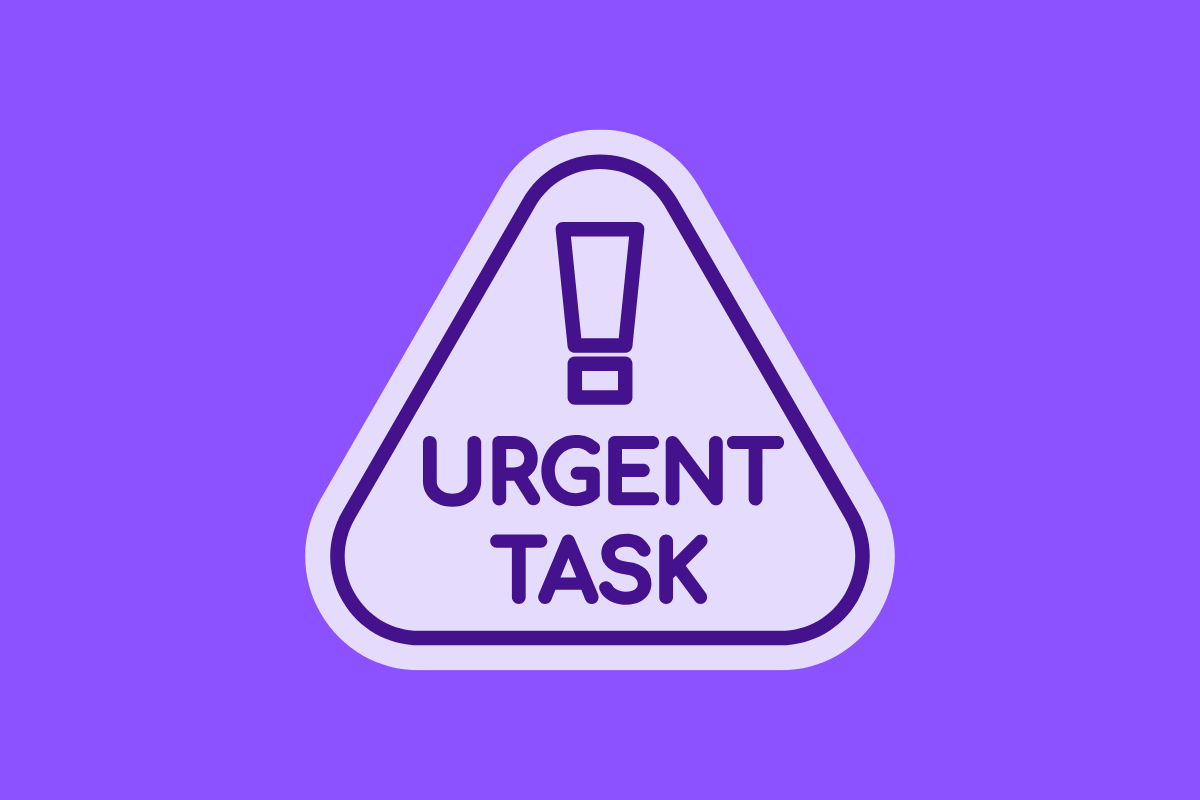
Causes of Procrastination
To overcome the pattern of procrastination, you should know what causes it first. Why exactly do people put off working despite knowing how it affects them negatively? Here are some reasons why.
1. Driven by Instant Gratification
People driven by instant gratification are more likely to delay doing tasks. This is because our brain is wired to avoid negative feelings and seek pleasure instead. When faced with challenging or multiple tasks, people subconsciously divert their attention to things that they enjoy more. Scrolling on social media, watching a movie, or doing a small, mindless task.
2. Anxiety and Sense of Overwhelm
When you don't have a good management system, you will feel overwhelmed when handling multiple tasks. Your brain feels overloaded, or you might feel anxious doing work.
3. Fear of Failure and Perfectionism
Perfectionism can be a double-edged sword too. While it pushes you to do better, you are prone to delaying tasks as well until you feel like you can do them perfectly.
4. Poor Sense of Time
Others simply have a poor sense of time. They may underestimate or overestimate how much time they have to complete a project, particularly without project tracking tools.
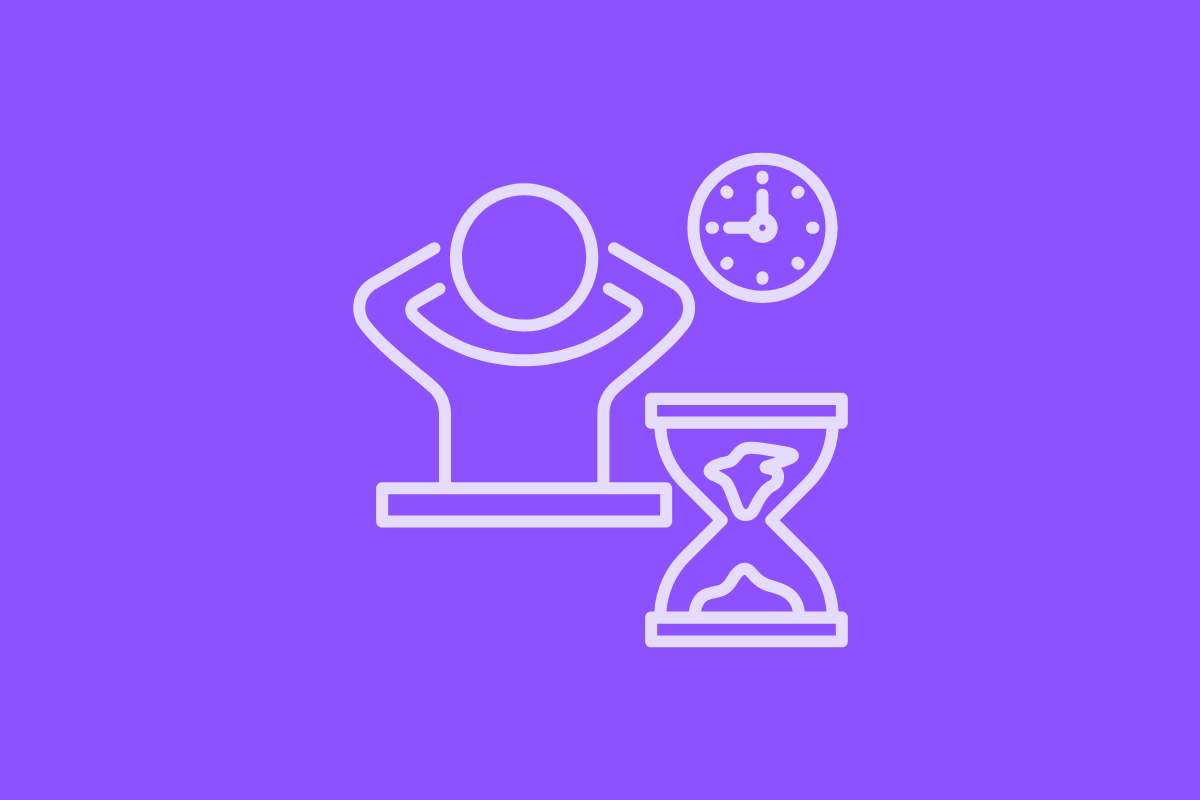
How Poor Task Management Impacts Procrastination
Poor task management is a procrastination recipe. It’s critical that there is a clear system when dealing with prioritization, scheduling, and even task breakdowns so as not to feel overwhelmed.
At a personal level, good work management is important. It enables you to perform tasks according to a defined schedule without thinking that you are short of time or you have handle a lot of responsibilities so you can deliver everything at the right time.
However, task prioritization doesn't just happen at an individual level. Even before it reaches each member, project managers set deadlines and milestones and balance workloads according to the capabilities of each team member.
Without proper resource management, individual team members are more likely to delay starting. This in turn affects the entire project, causing bottlenecks or last-minute scrambles. It can have serious consequences:
- Missed deadlines – You're forced to extend timelines, which may cost resources.
- Decreased quality of work – Rushed work often needs revision and stretches individuals too far when there are too many backlogs.
- Bottlenecks and delays starting other tasks – If you have a complex project with several task dependencies, procrastination can cause a strain in collaboration, leading to bottlenecks.
This is why it's important to use effective project management software that helps those in leadership roles plan timelines, assign tasks, and track projects. It provides them with discipline and enables them to streamline the workflow of the team whenever there are potential delays.
Proven Strategies to Overcome Procrastination
When you know what makes you put off doing work, then you can develop ways to overcome it. These are some strategies that actually work, both for personal task management as well as large project management.
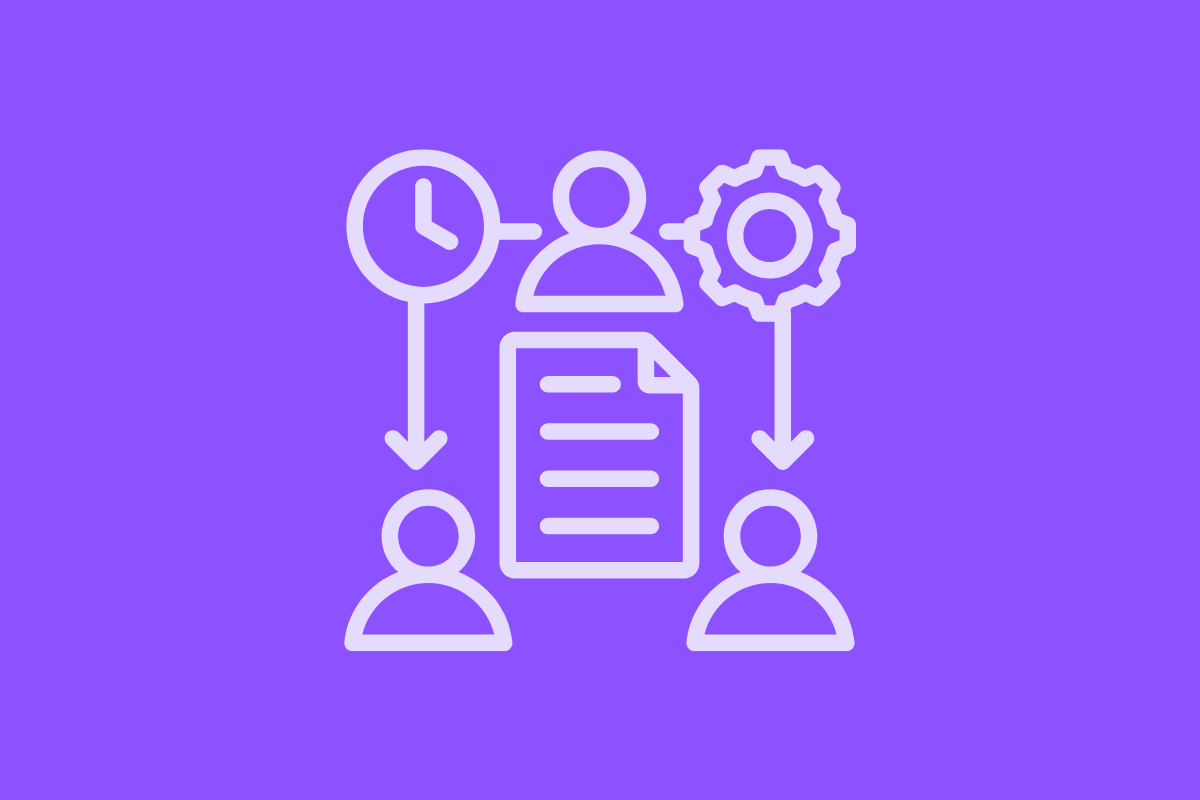
1. Break Tasks Into Smaller Steps
The initial stumbling block of procrastination is the negative emotions you ascribe to tasks. Overwhelm, anxiety, or fear will bring you to a complete halt even before you can begin. To overcome this, make time to divide all your tasks into small steps.
Usually, you get bogged down because you’re seeing the entire picture, and you’re thinking about how you’re going to accomplish the final outcome, whereas for complex work, if you see the smaller processes clearly, you will be able to initiate and stay on track.
2. Use Frameworks for Prioritization
Learn to prioritize tasks based on importance and urgency. This way, you can complete assignments based on project timelines. There are several frameworks that you can use based on your goal, such as boosting personal productivity or allocating tasks based on limited resources. Here are some of them:
- Eisenhower Matrix – Can help individuals decide which tasks to do first, on schedule, delegate other to-dos to others, or drop. This matrix divides assignments into four quadrants: urgent and important, not urgent and important, urgent but not important, and neither urgent nor important.
- MosCoW Prioritization – This framework is great for small teams or projects with limited resources. It categorizes tasks into must-have, should-have, could-have, and won't-have. MoSCoW is widely used in Agile software development as well because it gives the team the option to choose which tasks are essential and those that are only optional.
- ABC Framework – The ABC guide is also another method that is great for an individual member's productivity. It helps manage your time and divides your tasks into three: A for most important tasks, B for important but less critical, and C for nice-to-do tasks.
3. Time-Blocking and Scheduling
Did you know that doing other small, manual tasks can take so much of your time and energy, reducing your focus on priorities? This is why using efficient project management platforms like Leiga is necessary.
You can automate repetitive, manual tasks or set customized reminders so you can schedule and practice time-blocking for the important tasks. Leiga does not only help minimize distractions, it also gives you visuals of your workload with project templates and dashboards.
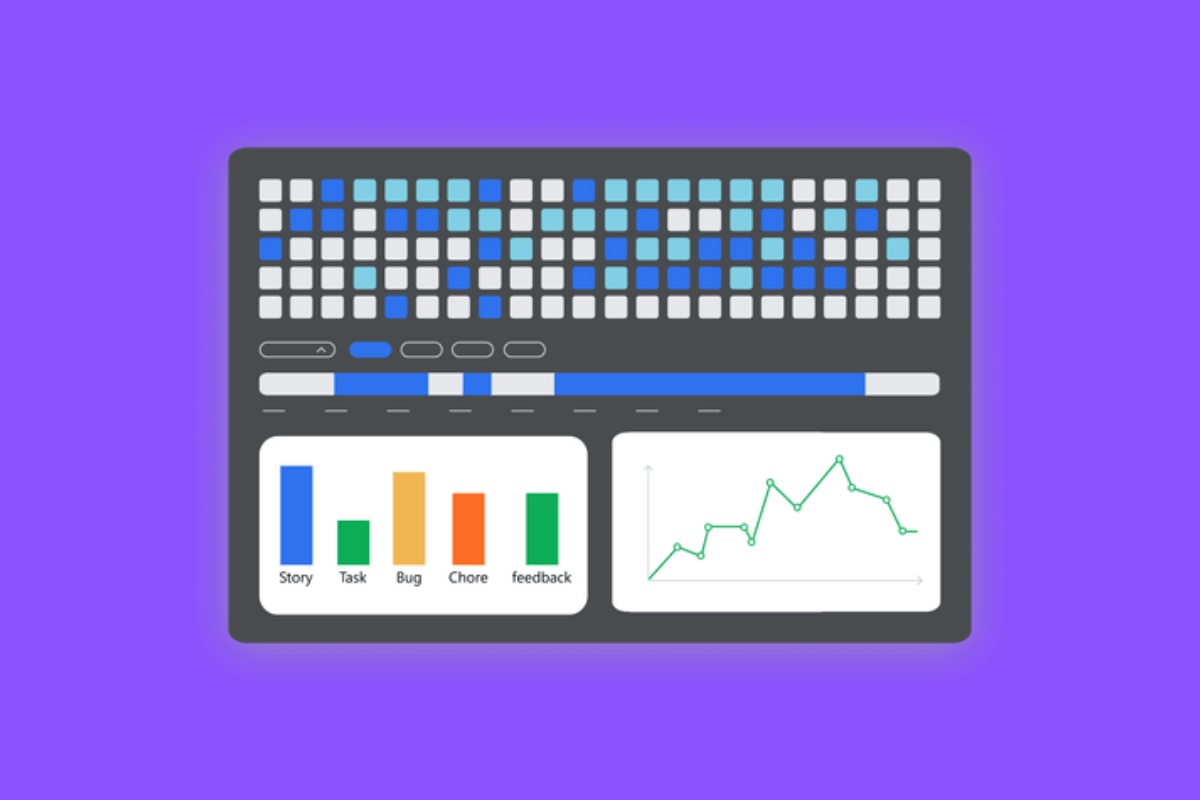
4. Use Effective Task Management Tools
Effective tools for managing tasks make it easier for both teams and individuals to get things done and prevent procrastination. It gives your team a clear view of project plans, processes, and task dependencies to keep everyone accountable.
Modern tools like Leiga also offer project management features that allow integration with their favorite tools to reduce context switching. This ensures that you maintain your momentum. Moreover, it has insight reports that can help project managers simplify decision-making and reallocate resources.
5. Build Accountability for Better Collaboration
Building accountability within your team helps your members see how their assignments affect the entire project. With advanced project management platforms, you can assign tasks to members, ensuring that no one procrastinates unnoticed.
Platforms like Leiga are also great collaboration tools. It streamlines workflow and unifies the workspace of the entire team. This eases the burden of communication because Leiga has customization options for updates and reminders on assignments. Individuals can follow up simply by automating these reminders or through integrated messaging tools, fostering better collaboration.
6. Reframe Your Mindset About Tasks
One of the best things you can do to overcome procrastination is to reframe your mindset. Finish small assignments that you can do in under 5 minutes. It prevents the small things from piling up and becoming backlogs.
You can also shift your perspective on chores you feel negatively about. Try to view them as opportunities that work to your advantage. For instance, rather than telling yourself, "This responsibility feels too overwhelming," reframe it as, "Once I complete this, I'll be able to count it as one of my achievements."
Develop psychological habits that will help you break free from the cycle of procrastination. The following are some examples:
- Self-awareness: Learn to identify the triggers. Is it fear, lack of clarity, boredom, or anxiety?
- Celebrate progress: Notice your small wins, they matter too.
- Reinforce a positive mindset: See challenges in your work as opportunities for growth. Consider mistakes as part of the learning curve.
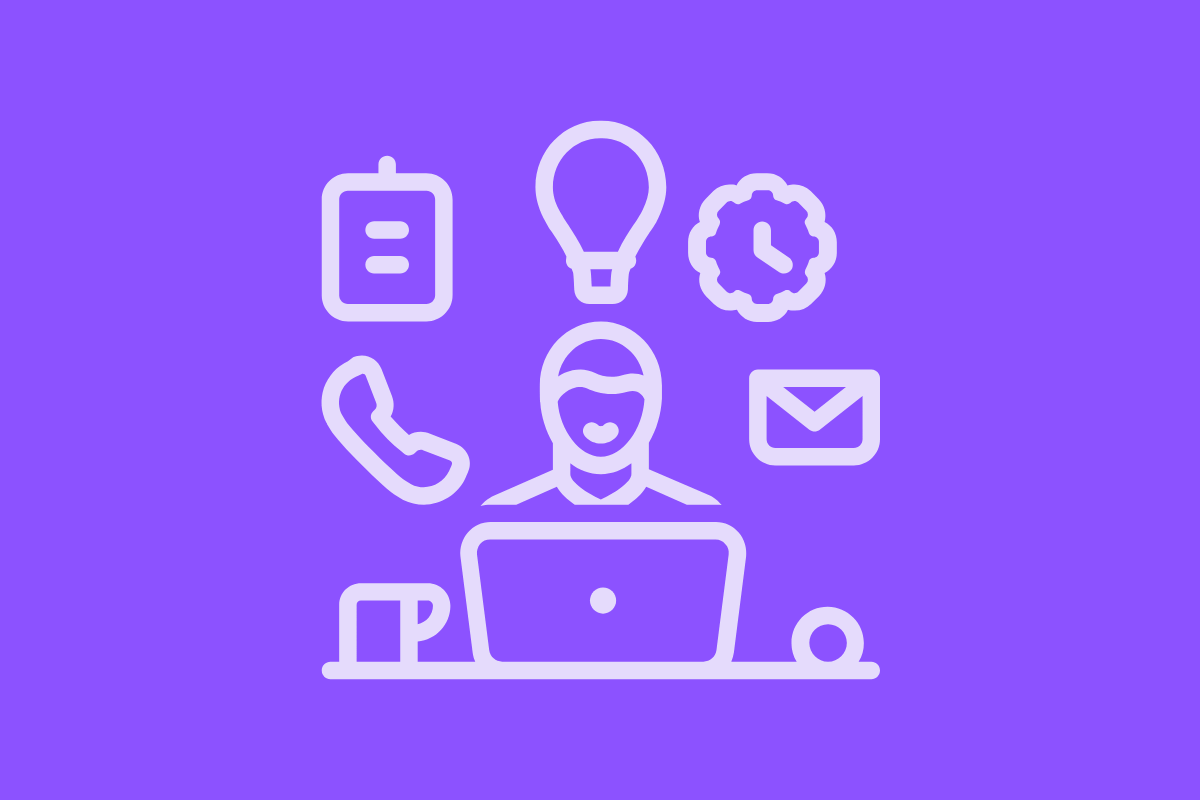
The Role of Project Management Software in Preventing Procrastination
One of the biggest reasons people stall doing their tasks is a lack of clarity. There are numerous things to consider. Where to start, which ones should be done first, or how much time it takes to actually finish tasks. This is where project management tools such as Leiga play a powerful role.
Clear Structure for Managing Tasks
When you use project management tools that have templates and dashboards, it's easier to create roadmaps for your project data. You can create a clear structure of smaller, actionable steps for larger responsibilities.
Leiga allows members to see and track what exactly needs to be done and when. This eliminates the overwhelming feeling that often triggers procrastination.
Eliminates Small, Repetitive To-Dos
When small things are put off, they pile up and burden you. That's why it's important to eliminate these small, repetitive tasks. With an advanced project management app, you can automate administrative tasks like reminders, updates, and even subtask generation. This helps you prioritize your workload so you can boost productivity.
Visibility and Accountability
Another benefit of using the best project management software is visibility. Everyone on the team can see task dependencies, deadlines, project progress, and the responsibilities of each member. This creates a sense of accountability and motivates individuals to finish on time. Priority tags and calendar views can also help you focus on high-value work.
Seamless Collaboration
Modern software has powerful integrations with emails, messaging platforms, and even IDEs for developers. This way, it's easier for the team to share updates, ask for support, or track progress in real time. With a seamless flow of communication, you can expect smoother progress and less risk of bottlenecks. It can also help individuals reduce the temptation of delaying work when they need clarification or direction from co-workers.
Boosts Efficiency with Automated Content
A comprehensive project management solution, Leiga, simplifies decision-making and reduces time wasted on thinking and planning. You can generate content from polished drafts of PRDs, diagrams, charts, emails, and even documentation.
Docuopia, in particular, has powerful features that cut down time wasted on docs. From drafts to editing to optimization, Docuopia provides better input for superior output. Leiga also has free productivity tools that make you more efficient at work.
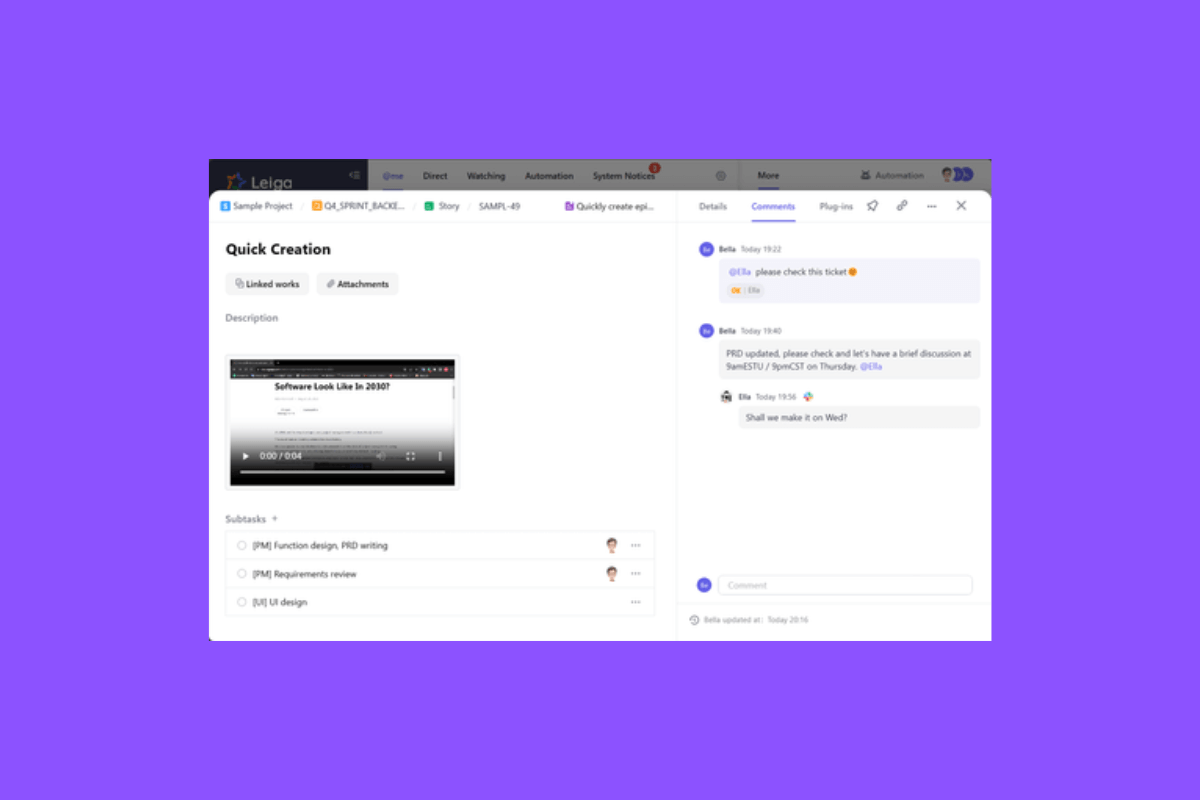
Task Management with Leiga in 2025
Modern teams now require modern solutions. Leiga as a frontrunner in AI project management, has revolutionized how we handle procrastination in 2025. From effective time management to AI-powered assistants and automation, AI is becoming the foundation of productivity.
Leiga has an AI assistant that helps you from looking up existing information in the platform to reports on project progress and even inquiring about the progress of certain sprints. It also has customizable project management features so users can optimize their workflow according to preference.
Among its many powerful functions, Leiga's automation is the most impactful when it comes to task management. It reduces manual work, streamlines repetitive tasks, and gives members more time for priorities. Overall, it eases workload and simplifies decision-making.
Procrastination is not laziness. It's a sign that you're stressed, feeling overwhelmed, or afraid of starting a complex task. When unchecked, it does not only reduce your productivity; it can also affect the entire team.
With the right mindset, tools, and strategies, you can break free from the cycle. Leiga helps you overcome procrastination and empowers your team with effective project management.
Start working efficiently, and let Leiga handle the heavy lifting so you can do more with less stress.
- Streamline Your Workflow with Leiga
- Effortlessly automate tasks
- Boost productivity with AI insights
- Free forever — elevate project management
